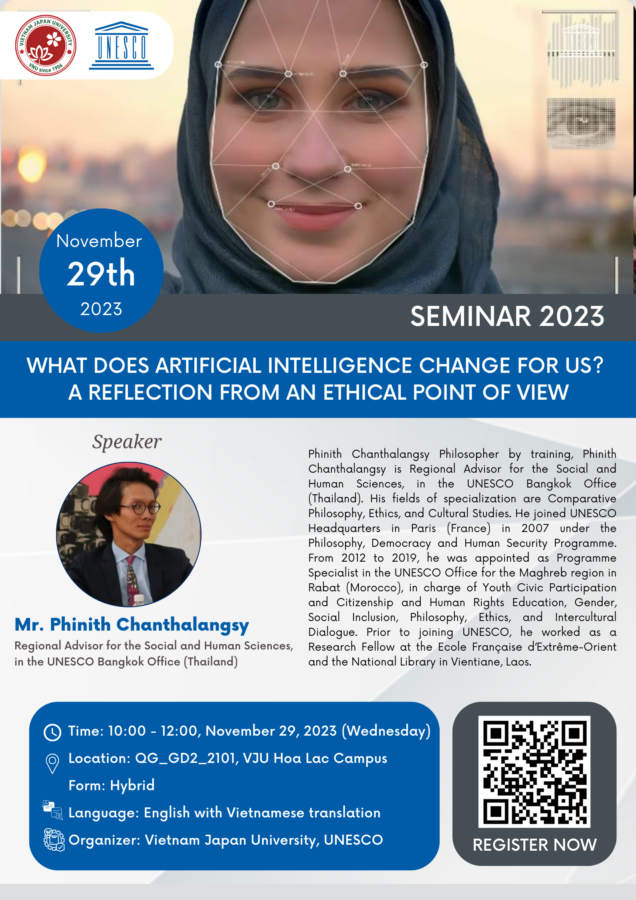The United Nations Educational, Scientific and Cultural Organization (UNESCO) is a specialized international agency founded in 1945 with the vision of using Education, Sciences, Culture, Communication and Information to foster mutual understanding and respect between the peoples and to strengthen the intellectual and moral solidarity of humankind.
In 2021, the UNESCO Member States adopted the Recommendation on the Ethics of Artificial Intelligence (AI), a first ever global standard on the matter. This historical text, in its universal dimension, defines the common values and principles which shall guide the shaping of legal and policy infrastructures that should ensure an ethical and responsible development and use of AI.
Information about seminars:
Artificial Intelligence technologies will bring great benefits to human society in all countries, such as helping to increase productivity and efficiency in many industries, helping to improve diagnostic methods, diseases, health monitoring, better prediction of conditions through medical data analysis, and more. However, artificial intelligence also raises many ethical concerns, such as fake news, privacy violations, inciting violence, increasing arms races, etc. In 2021, the Prime Minister signed a decision to promulgate the National Strategy for research, development and application of artificial intelligence until 2030. Meanwhile, preparing resources for artificial intelligence development as well as raising awareness of learners and professionals about the potential impacts of this field on limited social and ethical issues. The UNESCO Center will coordinate with Vietnam Japan University to organize a seminar to raise awareness of students, lecturers, and experts in related fields about aspects that need to be considered in intellectual development and applying artificial intelligence to life.
- Speaker: Mr. Phinith Chanthalangsy, Regional Advisor for the Social and Human Sciences, in the UNESCO Bangkok Office (Thailand)
- Time: 10:00 – 12:00, November 29, 2023 (Wednesday)
- Location: QG_GD2_2101, VJU Hoa Lac Campus
- Form: Hybrid
- Language: English with Vietnamese translation
- Organizer: Vietnam Japan University, UNESCO
- Link to register for the event: https://forms.gle/RE8b9rmGeCAq6A829


